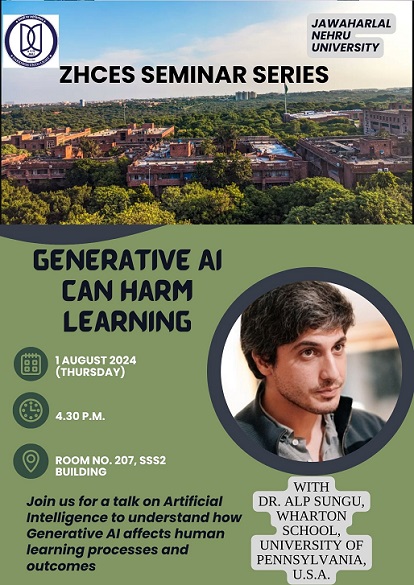
Abstract: Generative artificial intelligence (AI) is poised to revolutionize how humans work, and has already demonstrated promise in significantly improving human productivity. However, a key remaining question is how generative AI affects learning, namely, how humans acquire new skills as they perform tasks. This kind of skill learning is critical to long-term productivity gains, especially in domains where generative AI is fallible and human experts must check its outputs. We study the impact of generative AI, specifically OpenAI's GPT-4, on human learning in the context of math classes at a high school. In a field experiment involving nearly a thousand students, we have deployed and evaluated two GPT based tutors, one that mimics a standard ChatGPT interface (called GPT Base) and one with prompts designed to safeguard learning (called GPT Tutor). These tutors comprise about 15% of the curriculum in each of three grades. Consistent with prior work, our results show that access to GPT-4 significantly improves performance (48% improvement for GPT Base and 127% for GPT Tutor). However, we additionally find that when access is subsequently taken away, students actually perform worse than those who never had access (17% reduction for GPT Base). That is, access to GPT-4 can harm educational outcomes. These negative learning effects are largely mitigated by the safeguards included in GPT Tutor. Our results suggest that students attempt to use GPT-4 as a "crutch" during practice problem sessions, and when successful, perform worse on their own. Thus, to maintain long-term productivity, we must be cautious when deploying generative AI to ensure humans continue to learn critical skills.
Bio: Dr Alp Sungu is an Assistant Professor at Wharton School, University of Pennsylvania, USA. He received his PhD from London Business School. His research uses field experiments and data-driven analytics methods to propose new ways of addressing policy questions in underserved societies. He is interested in studying and advancing technology-enabled interventions to create social impact.